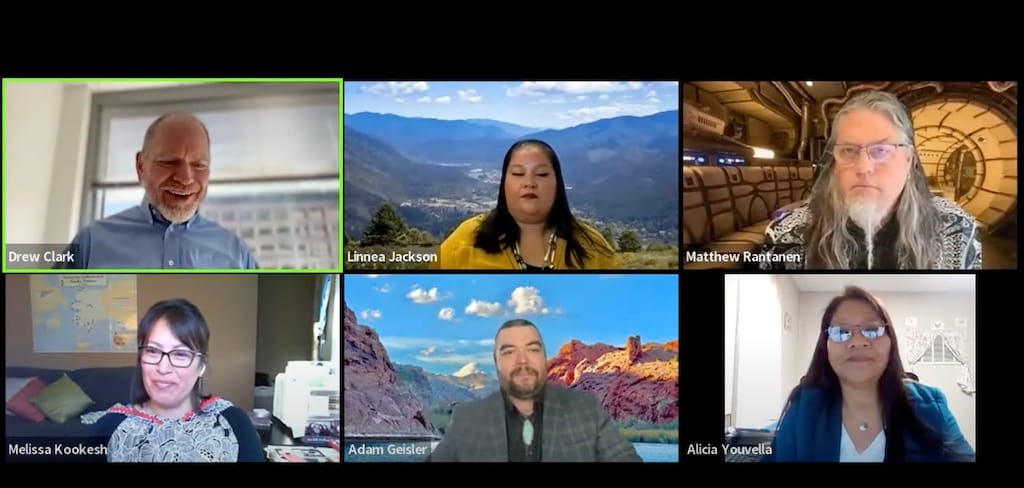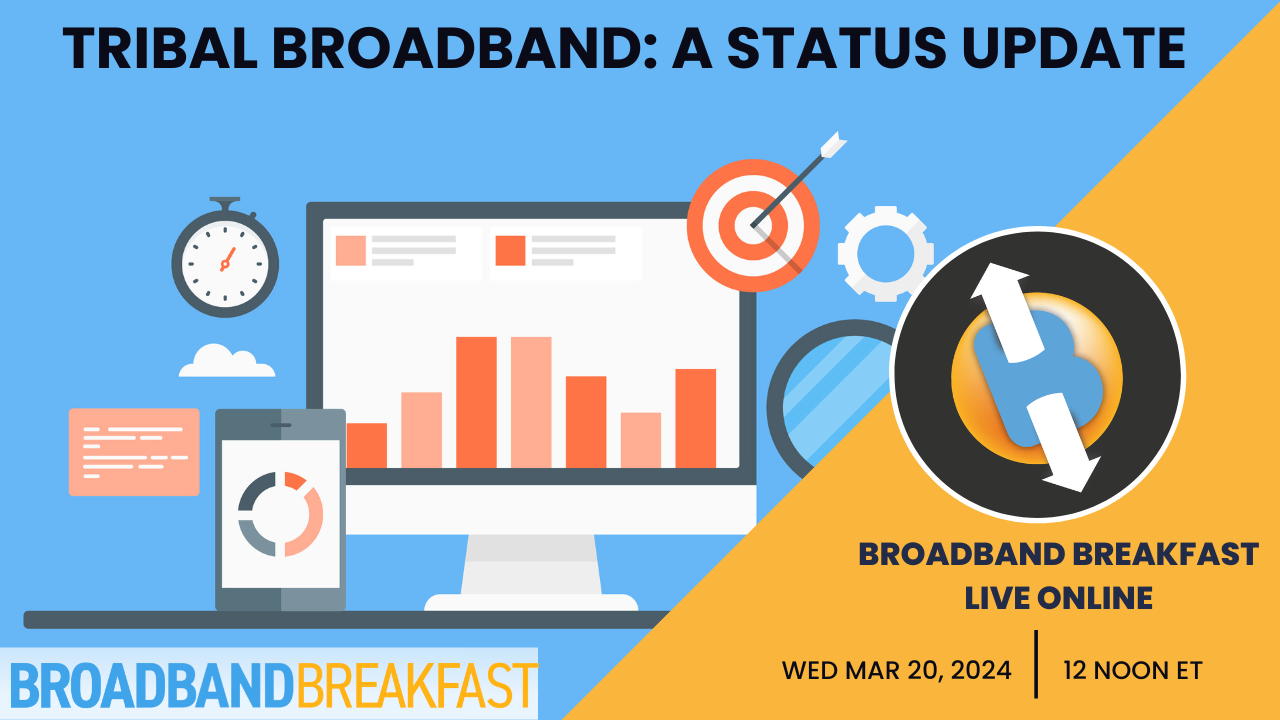Tribal Broadband Faces Unique Challenges, Opportunities, Experts Say
Issues include the high costs of building infrastructure, the need for tribal sovereignty, and the importance of partnering with tribes.

WASHINGTON, March 22, 2024 - Broadband deployment in tribal areas faces a unique set of challenges, according to a panel of tribal experts who spoke at a Broadband Breakfast Live Online event on Wednesday.
The panelists, representing tribes and organizations from California, Alaska, and other parts of the country, highlighted issues including the high costs of building infrastructure in remote areas, the need for tribal sovereignty over networks and data, and the importance of partnering with tribes rather than imposing solutions from the outside.

"Tribes want to partner in the solution development of their community's needs," said Matthew Rantanen, director of technology at the Southern California Tribal Chairmen's Association. "If they work with an outside vendor, they want the outside vendor to be a partner in that process."
He also emphasized the importance of addressing the "missing middle mile" to connect rural tribal lands with broader networks. He highlighted his organization’s work on a 10,000-mile middle mile project in California, aiming to enhance connectivity for 109 tribes within the state.
Linnea Jackson, general manager of the Hoopa Valley Public Utilities District in Northern California, noted that her tribe is building its own fiber network but faces hurdles navigating jurisdictional issues and grant requirements with tight deadlines.
She underscored the need for funding flexibility, considering the diverse starting points and capabilities of tribal communities across the nation. Without greater flexibility, she said, "It's almost like [the government is] setting it up for failure."
Adam Geisler, president and chief operating officer of Tribal Ready, emphasized the importance of tribal ownership of infrastructure and data. "Indian Country is coming up in this process," he said. "We're going to own our infrastructure. We're going to put our people to work."
The panelists also discussed the need for a hybrid approach combining fiber and wireless technology, as well as the shortcomings of federal broadband funding programs like the FCC's Rural Digital Opportunity Fund.
Emphasizing the fact that tribes are sovereign nations and “have a federal relationship with the federal government,” Rantanen said, “You don't know how to solve their problem. You don't live in that community."
Despite the challenges, the panelists expressed optimism about the future of tribal broadband. "It's a challenge, but I feel like we are in these positions for a reason," said Melissa Kookesh, tribal liaison for the Alaska Broadband Office. "Definitely the time is now."
Also participating in the program was Lisa Youvella, telecom services coordinator with Hopi Telecom.










